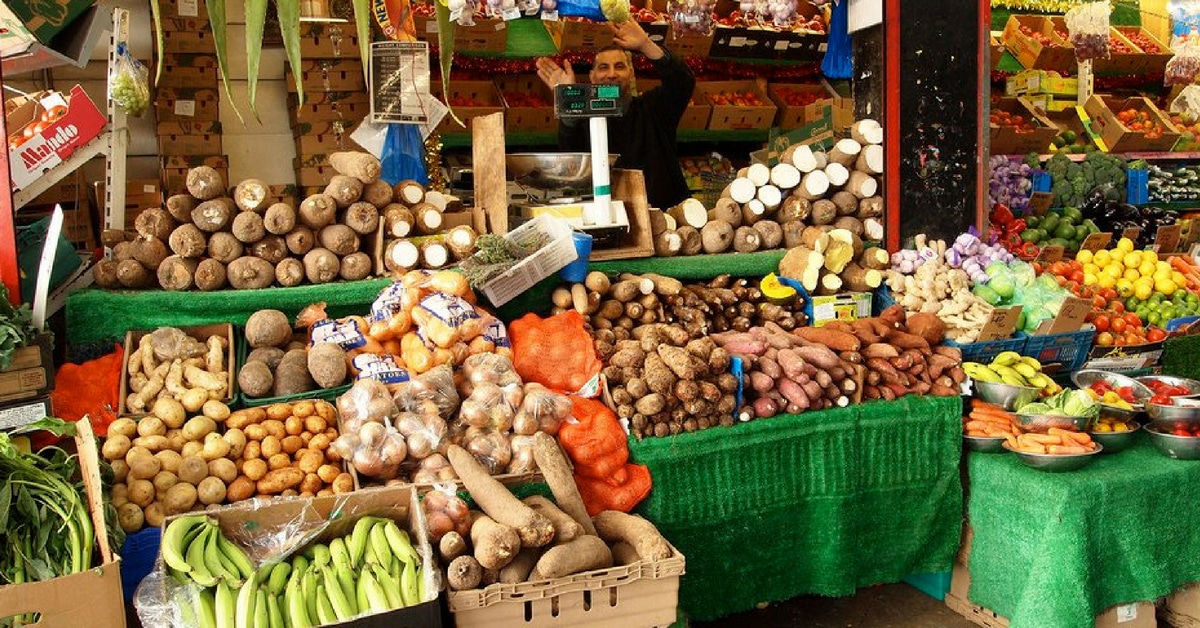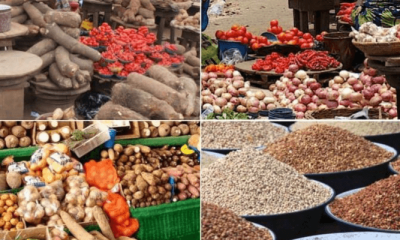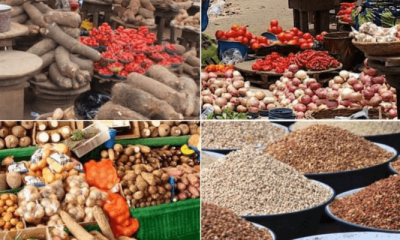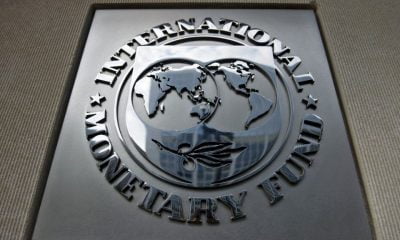Nigeria News
31.8 Million Nigerians Facing Severe Food Insecurity – Report

An estimated 31.8 million Nigerians are enduring acute food insecurity, a crisis that is further intensified by widespread malnutrition among women and children across the nation.
According to the 2024 Cadre Harmonise report, the surge in food prices—largely driven by the removal of fuel subsidies coupled with ongoing security challenges—has pushed millions of Nigerians into a dire situation.
In a statement released on Wednesday by Julie Osagie-Jacobs, the Public Relations Officer of the Ministry of Budget and Economic Planning, development partners including the Food and Agriculture Organization (FAO), Green Action in Enterprises (GAIN), GIZ, and Agsys disclosed these findings during a joint review meeting on the implementation of food systems in Nigeria, held from August 26th to 27th, 2024.
The report highlights a significant increase in the number of people facing acute food insecurity, rising sharply from the 18.6 million identified by the U.N. World Food Programme as vulnerable between October and December 2023.
“The surge in food commodity prices, which is a result of the removal of fuel subsidy in addition to security challenges, has placed millions of Nigerians in a precarious situation,” the ministry said.
Stakeholders at the meeting emphasized the need for a collaborative, multi-sectoral approach to address the food security crisis, stressing that such cooperation is essential to tackling the various challenges simultaneously.
They also noted the importance of involving civil society organizations and the private sector to broaden the reach of nutrition initiatives.
Despite the grim findings, the development partners pledged their unwavering support to transform Nigeria’s food system.
The report was produced in collaboration with the U.N. Food and Agriculture Organization, the Global Alliance for Improved Nutrition, and the German development agency GIZ, utilizing data from the Cadre Harmonise, a regional food security framework.
Nigeria’s national convener of Food Systems and Director of Social Development in the Ministry of Budget and Economic Planning, Sanjo Faniran, stated that the study has been instrumental in identifying gaps, successes, and challenges while offering recommendations to improve the situation.
This report comes at a time when Nigeria is grappling with soaring food inflation, which has now surpassed 40 percent.












